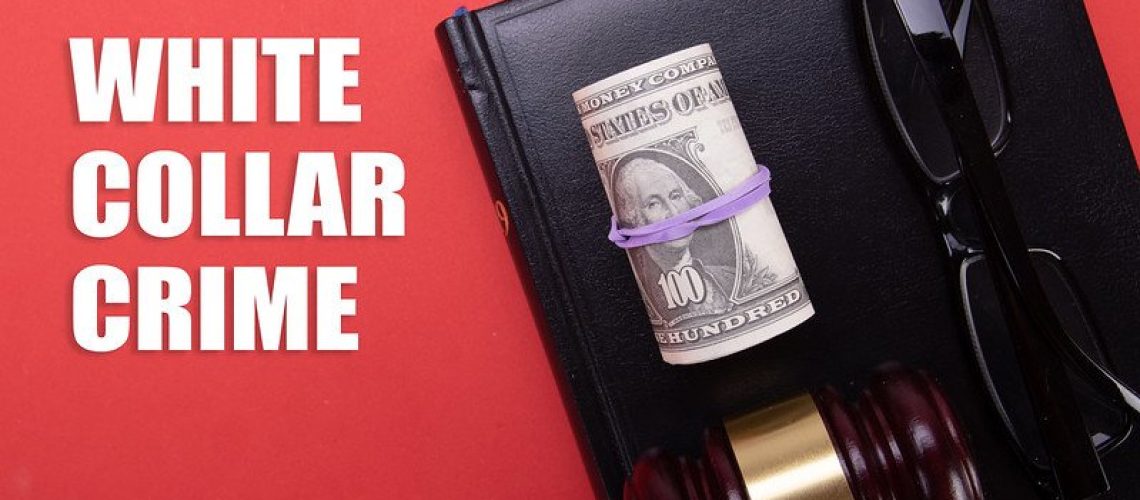White collar crime cases pose unique challenges to defense attorneys. These offenses, typically non-violent and committed by individuals in positions of trust or authority, are often complex and can take a considerable amount of time to resolve. This blog post will explore some of the reasons why white collar crime cases are difficult to defend and tend to have lengthy legal proceedings.
- Voluminous Evidence
The main reason why white collar crime cases are challenging and time consuming to defend is due to the sheer volume of evidence involved. These cases often entail extensive investigation by various law enforcement agencies over the course of many years. This investigation then results in the production of financial records, documents, emails, and other forms of electronic evidence that must be reviewed. Sometimes, these documents range in the magnitude of hundreds of thousands, up to millions of pages. Sorting through, organizing, and analyzing such a vast amount of material takes energy, time, and resources. Additionally, during the discovery phase of a case, defense attorneys may encounter challenges from prosecutors who may withhold certain information or claim privilege, leading to legal battles over access to critical evidence. These disputes further contribute to delays in the legal process.
Moreover, this evidence is often highly technical and requires specialized knowledge to understand and interpret properly. Defense attorneys must not only comprehend the intricacies of financial transactions but also be able to explain them to a jury in a compelling and easily understandable manner. To be effective, defense attorneys often will need to find and work with technical experts to complete the job in an effective manner.
- Multiple Parties and Complexity of Networks
White collar crime cases frequently involve multiple parties, such as employees, executives, shareholders, and even corporations. The complexity of how these networks interact and the involvement of numerous individuals make it challenging to determine who is responsible for the alleged crimes. Identifying the specific roles and levels of culpability of each party requires independent investigation and may lead to delays in the legal process.
Moreover, these cases often involve intricate dealings across different jurisdictions, both domestically and internationally. This complexity adds an additional layer of complications as the job often requires analysis of different legal systems and cooperation with multiple authorities to gather evidence.
- Technical Nature of Offenses
White collar crimes, such as fraud, embezzlement, securities violations, and money laundering, tend to be highly technical in nature. Understanding the intricacies of financial markets, accounting practices, and corporate governance is crucial for both prosecutors and defense attorneys. There is an added layer of complication too because it can be particularly challenging to explain complex financial concepts to juries who may have limited knowledge of such matters.
Consequently, defense attorneys often need to enlist the help of forensic accountants or financial analysts, to provide a clear interpretation of the evidence. Coordinating with these experts and ensuring their testimony is persuasive can significantly help the outcome of the case, but it also prolongs the legal proceedings.
- Overlapping Civil and Criminal Cases
White collar crime cases often have a dual nature, with parallel civil and criminal proceedings running concurrently. This overlap can lead to conflicting schedules, court appearances, and different burdens of proof for defense attorneys to consider.
As attorneys navigate between civil and criminal cases, they must strategize with one another to ensure that information and arguments provided in one case do not weaken the defense in another. This strategic coordination between multiple legal actions can prolong the overall duration of the proceedings.
- Negotiation and Settlements
Given the complexities involved in white collar crime cases, both prosecutors and defense attorneys often engage in vigorous negotiation to reach an agreement or settlement. These negotiations can involve lengthy discussions, evidence exchanges, and constant evaluation of potential outcomes.
While settlement negotiations can provide a viable alternative to a lengthy trial and sometimes result in the best outcome for the client, they can also prolong the legal process if parties struggle to reach a mutually satisfactory agreement. Furthermore, the reputation and potential consequences associated with white collar crimes can lead the accused to be more cautious in accepting any plea bargains, thereby contributing to delays.
Conclusion
White collar crime cases are notoriously complicated, time-consuming, and require an in-depth understanding of intricate financial matters. Defense attorneys face the challenging task of untangling complex networks, comprehending vast amounts of technical evidence, and presenting their arguments in a persuasive manner. The need for expert witnesses, extensive legal discovery, overlapping civil and criminal cases, and negotiation processes all contribute to the lengthy nature of these cases. The defense of white collar crime requires patience, expertise, and an unwavering commitment to ensuring a fair and just legal process.
Photo by Jernej Furman through Flickr Creative Commons. No modifications.


